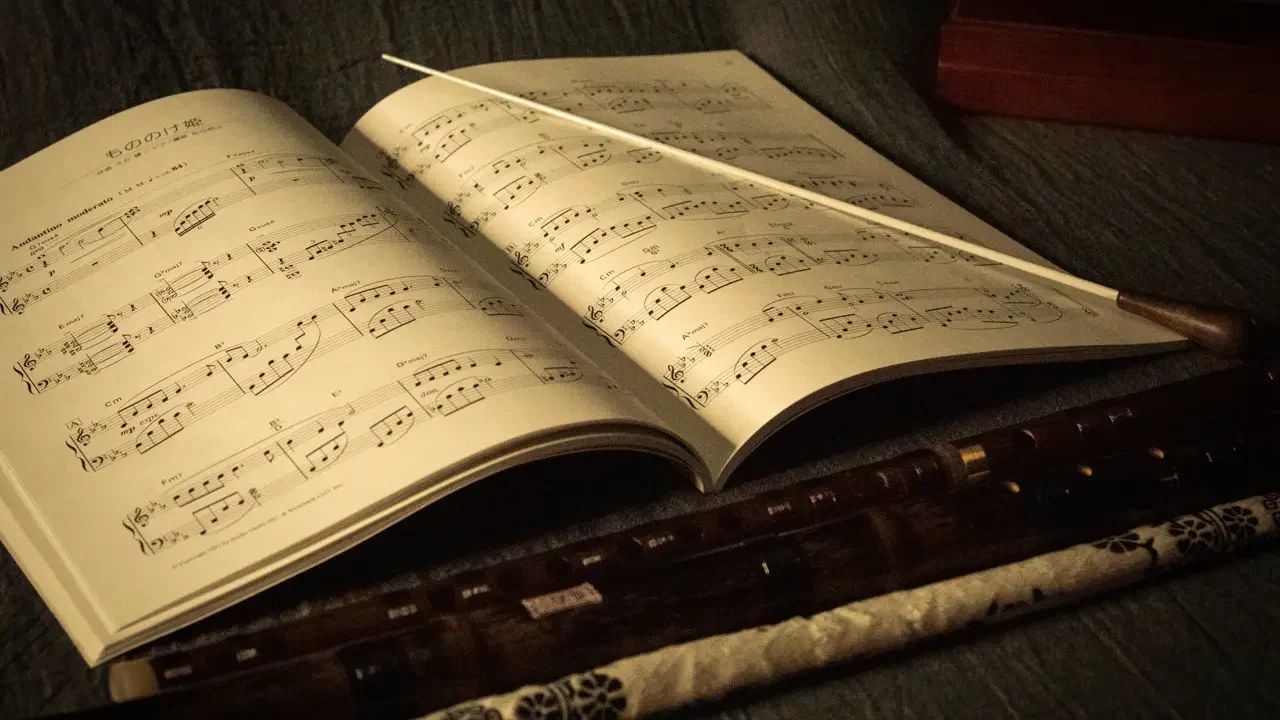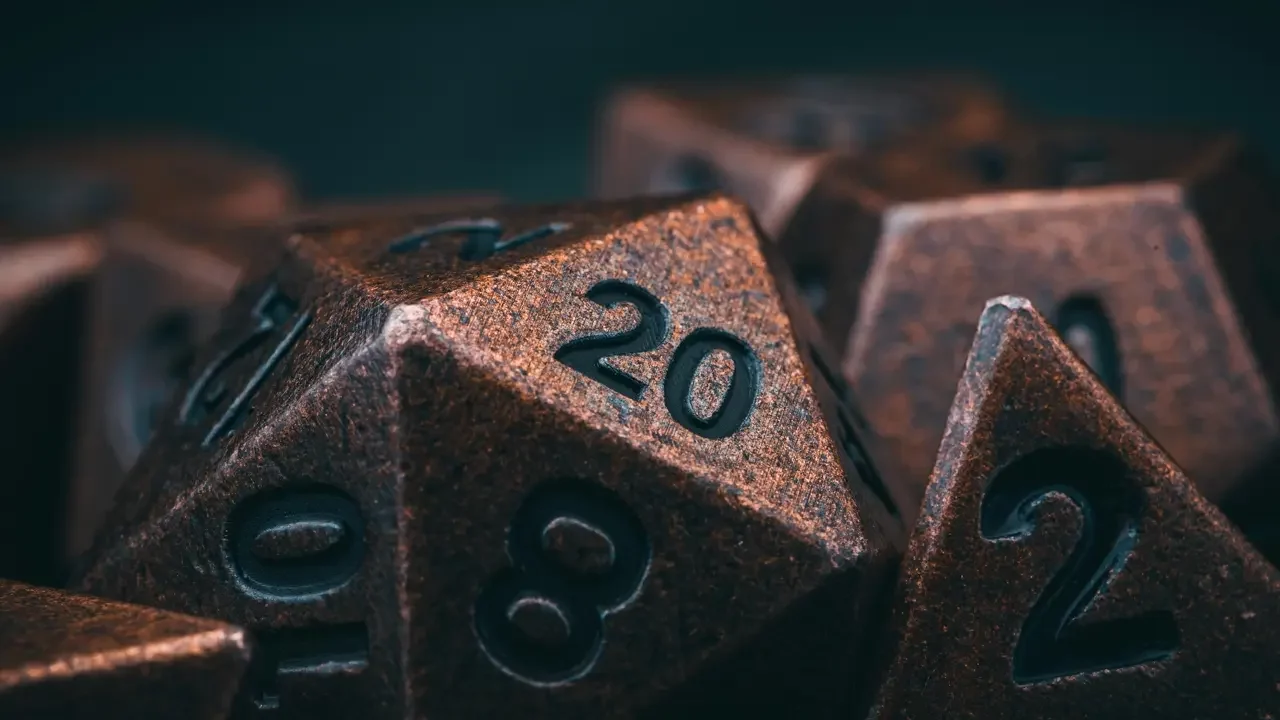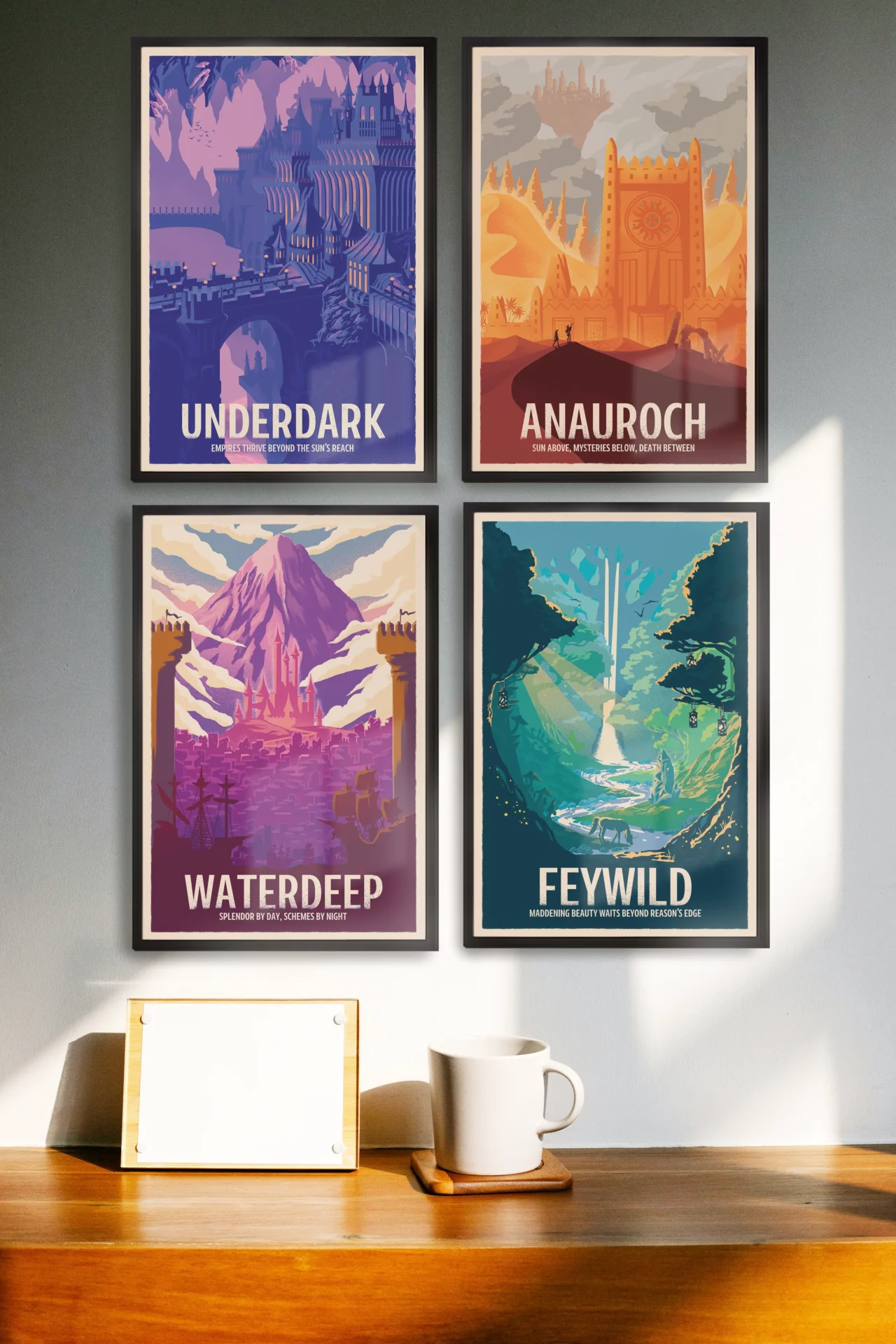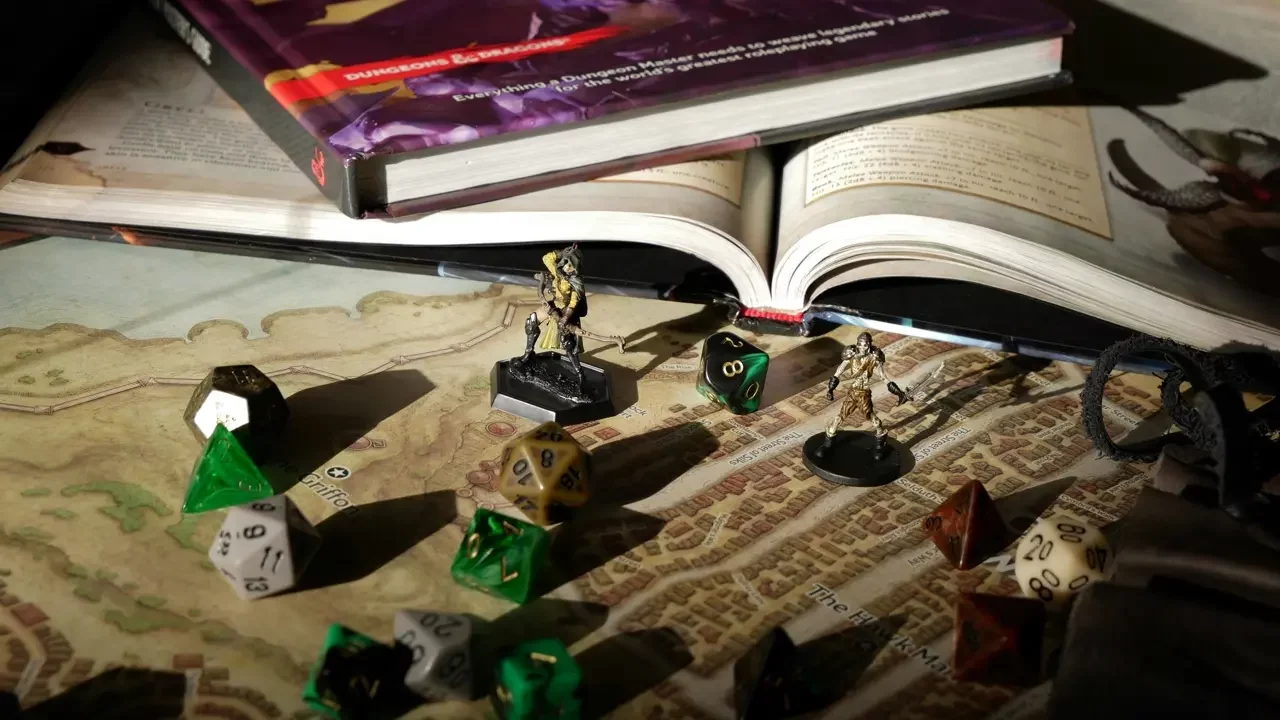
Imagine a world beyond reality where you can become a valiant knight, a cunning rogue, or a powerful wizard. In this fantasy, you and your friends join forces to brave glorious quests, battle mighty beasts, and uncover ancient treasures. This is the magic of Dungeons & Dragons.
Dungeons & Dragons is a game about collaborative storytelling; you and your friends get together to have fun and create core memories. In this article, we'll guide you through the most important things you should know before beginning your journey in this amazing game. Let's go!
What is Dungeons & Dragons?

Dungeons & Dragons, also shortened as D&D or DND, is a tabletop role-playing game (TTRPG) that can be defined by a single word: imagination. It is almost the opposite of video games in which the stories are programmed, the objectives are fixed, and the endings are limited. In D&D, you create a dynamic character in a growing story with infinite possibilities.
There are two distinct roles in Dungeons & Dragons: the players and the Dungeon Master (DM). A player creates their own unique character and decides their actions and words within the game. Ideally, each character in a group has their own strengths (and weaknesses). The DM's role is more complex, as we'll see below.
A Brief History

Originally created by Gary Gygax and Dave Arneson, Dungeons & Dragons was first published in 1974, marking the dawn of the modern TTRPG industry.
Its success inspired the release of many similar games, yet D&D has consistently remained the market leader, captivating millions of players worldwide.
The Dungeon Master
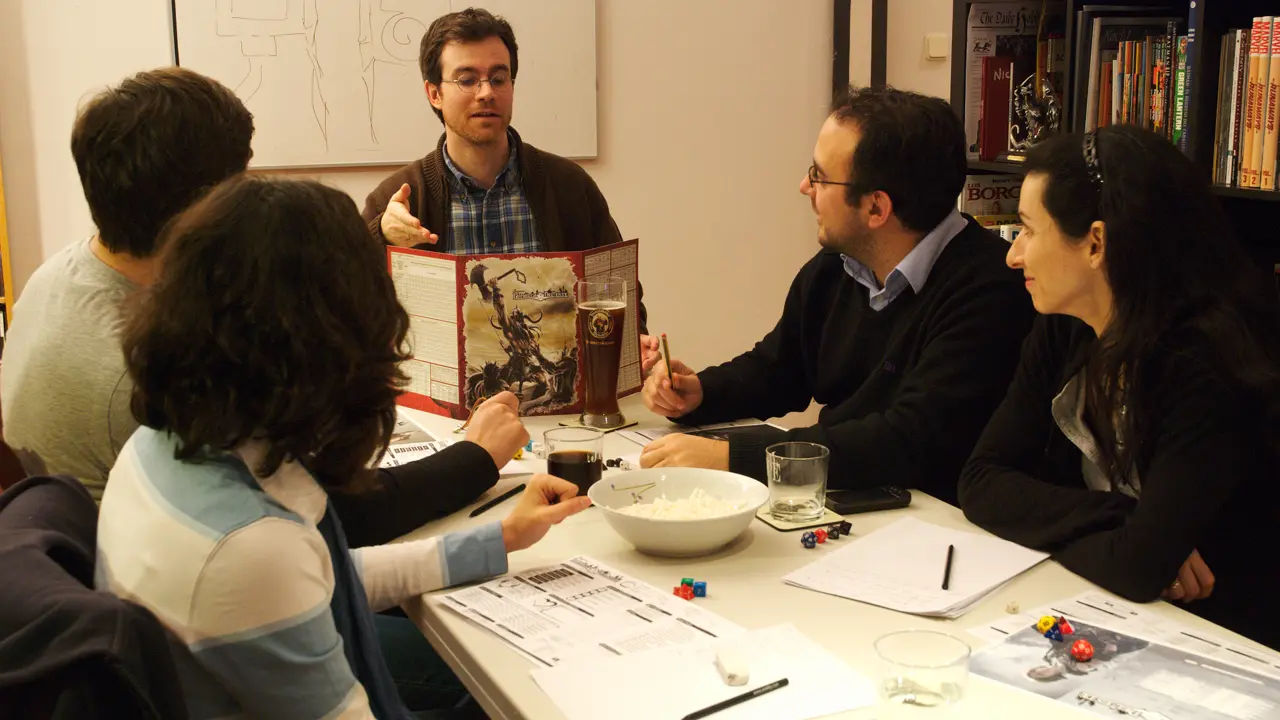
The Dungeon Master (DM) is the architect of the game's world. They are responsible for describing places, narrating events, and controlling non-player characters. For example, the DM will narrate that a tavern is having a brawl between drunk patrons.
The DM is also the referee of the game's rules. Usually, a D&D session relies on the instructions established by the Player's Handbook, the Dungeon Master's Guide, and the Monster Manual. In this regard, the DM's role is to have a fair understanding of these concepts.
A DM doesn't need to memorize every minute detail of the source material; but the more they understand them, the less time they'll spend reading rules during a game session.
What's more, the DM also interprets the player's actions and the world's outcomes. It is very common to find a situation that isn't described on the rulebooks since you can do anything during a session—except defying logic and being inconvenient. Different DMs have different opinions about the same context and, thus, will ultimately decide on a unique outcome.
Dungeon Master vs. Players?
![friends-playing-dnd A photo showing men playing Dungeons & Dragons using maps and miniatures. Illustrates [alt text].](https://www.michaelghelfistudios.com/wp-content/uploads/2025/01/friends-playing-dnd.webp)
Whether you're an aspiring player or DM, remember that cooperation is key. Everyone should work together to create a fun shared experience. Initially, beginners may have the misconception that D&D is about "the DM vs. the players." Rest assured, this is not the case.
The DM offers obstacles to be overcome, monsters to be slain, and puzzles to be solved. That is to say, there's little fun in impossible challenges, invincible villains, and unsolvable riddles—that goes against the DM's role.
Likewise, the players should also make sure that their DM is enjoying the game; after all, the DM wants to have fun too. Perhaps your DM likes when the players actively engage in roleplay or use out-of-the-box thinking.
In D&D, the game develops according to the players' choices and the DM's reaction to these choices. This very dynamic ensures that every game is unique even if you play the exact same adventure!
Rules & Dice

Imagination is the core of D&D. But, in order to support this imagination, there are a set of rules that provide structure and explanations of uncertain situations. Generally speaking, rules encompass everything from swinging a sword to casting a spell, making it consistent and fair for everyone.
The importance of rules in a game depends on the DM's style and the group's agreement. For instance, while some DMs prioritize strictly adherence to the rulebooks, others enjoy a more personalized experience that can involve things such as "homebrewing" and "the rule of cool."
"Homebrewing: Create An Adventure In Your Own Way"
"Rule of Cool: What Is It and How To Use It."
Additionally, to complement the rules, players use polyhedral dice. There are six different dice used in D&D: d4, d6, d8, d10, d12, and d20. Dice serves as an element of chance that adds excitement and unpredictability to the game; players roll to determine the success or failure of their actions.
What Do I Need To Start?

Embarking on your first D&D adventure doesn't require a grand collection of items. In fact, the essentials are quite accessible.
As mentioned before, you'll need a set of polyhedral dice. A standard set includes seven dice, six of which are different, represented by the letter "d" followed by the number of sides: d4, d6, d8, d10, d12, and d20.
In a dice set, there are two d10 used to roll percentages (e.g. rolling an 8 on one and a 2 on the other yields 82%). The d20 is used for most of the game's rolls, while the others are primarily used for determining damage or chances.
The primary rulebook for players is the appropriately named Player's Handbook; it contains the rules for character creation, gameplay, combat, spells, and more. Furthermore, a "character sheet" is used to keep track of your character's abilities, equipment, and even backstory.
In today's digital age, many players prefer online tools such as D&D Beyond to manage character sheets, reference rules, and roll virtual dice. Lastly, Starter Sets are a quick and easy way to get into Dungeons & Dragons. For instance, Dragons of Stormwreck Isle has everything you need to start.
"D&D Starter Sets: Most Popular Kits In 2025"
How To Create Your Character

Creating your own unique character is a process that involves determining their identity and capabilities within the game world. This includes aspects such as race, class, background, and ability scores.
Dwarves, elves, and humans are common examples of races in D&D; while dragonborn and tieflings are more exotic options. Races grant unique traits, including special senses, proficiencies, and spells.
A character's class represents their profession or calling, shaping their abilities and skills. For example, a Fighter is skilled with weapons, a Cleric can channel divine power, and a Rogue excels at stealth and trickery.
Finally, a character's background provides the context of their story. For example, where did they come from and what were they doing before embarking on this adventure? Backgrounds can also grant additional skills, proficiencies, and equipment.
What Are Ability Scores?

Serving as pillars to your character are ability scores: Strength, Dexterity, Constitution, Intelligence, Wisdom, and Charisma. These six stats represent your character's capabilities and they influence a wide array of actions and challenges throughout the adventure.
Strength (STR) is related to weapon damage and ability checks that involve physical effort, such as pushing or pulling heavy objects. It is an essential ability score for classes such as Barbarians and Fighters.
Dexterity (DEX) makes you more difficult to be hit by an enemy and allows you to react quicker at the beginning of a battle. It's also used in checks of agility, such as climbing a building or dodging a trap.
Constitution (CON) measures your character's health, directly affecting their Hit Points (HP). It also influences your body's reaction to debilitating illnesses, poisoned darts or that suspicious liquid that you inexplicably drank.
Intelligence (INT) is your character's ability to recall important information, recognize complex patterns, and tackle hard questions. It is important for Wizards to learn spells or scholars to recollect historicities.
Wisdom (WIS) is often described as your character's willpower or control over their own mind. It can help you innately understand magic, both to yield otherwordly spells or to resist dark influences from beyond.
Charisma (CHA) is about tongue-in-cheek—sometimes not your own cheek *wink*. It is related to social and artistic skills, such as persuading a guard or playing the lute. Some people also view it as being handsome or pretty.
"Ability Scores: The Six Pillars of D&D"
Developing Your Character Further
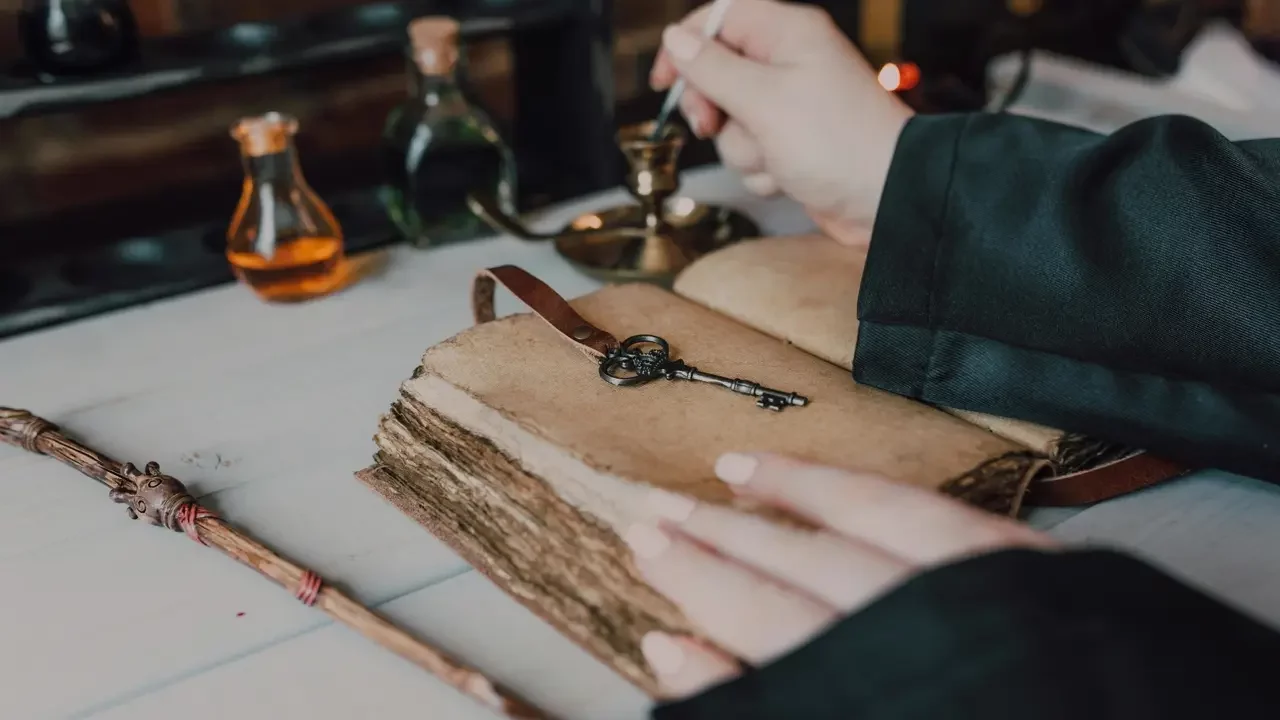
For detailed information on character creation, including instructions to determine your character's ability scores, refer to the step-by-step guide on the Player's Handbook.
You can access the FREE "Basic Rules," a streamlined rulebook to get you started, on D&D Beyond (browser) or on Wizards of the Coast (PDF).
Creating a character is an opportunity to bring your ideas to life and imagine an adventurer that resonates with your identity and playstyle. While it can be a bit overwhelming for a beginner, you can create a solid foundation for your character by focusing on these core elements that we explored.
Lastly, avoid trying to "memorize" everything at once; the joy of D&D is unfolding your character's journey as you play. Plus, even veteran players and DMs grab the rulebooks from time to time.
Ability Checks & Saving Throws
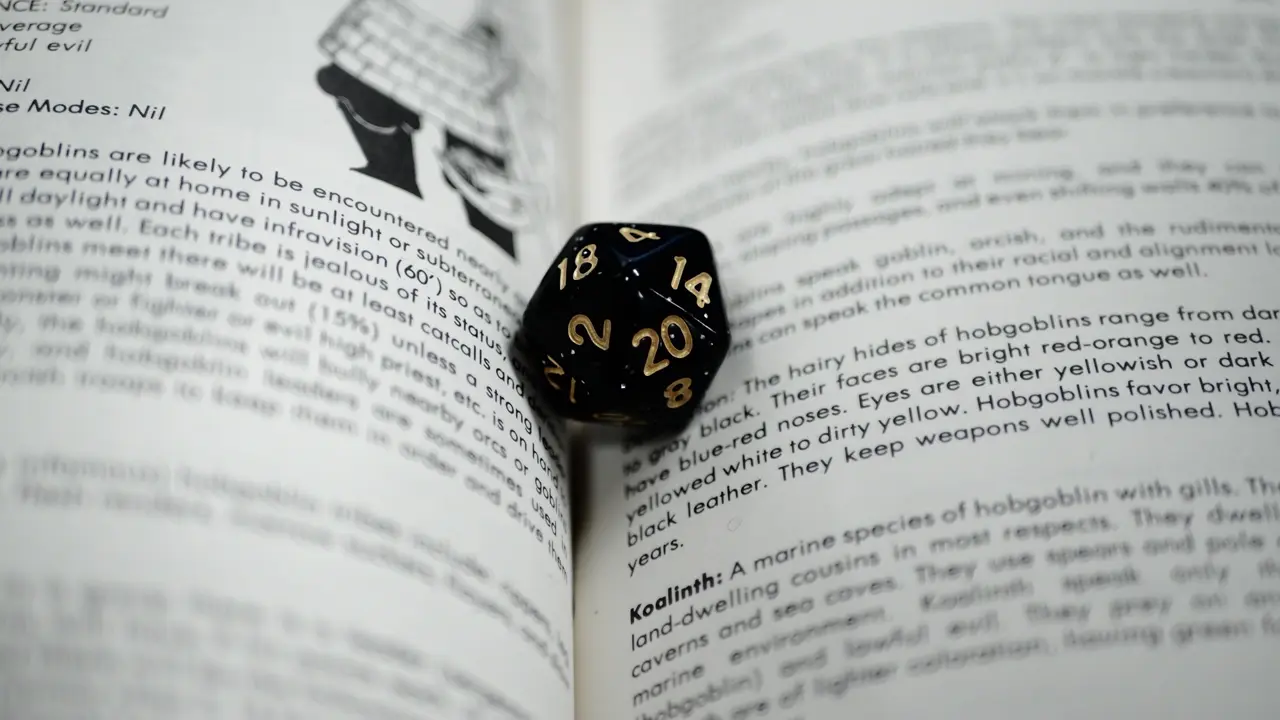
An ability check is an attempt to succeed at a task. For example, when you attempt to climb the roof or intimidate a thug, the DM might call for an ability check. Roll a d20 and add the relevant ability modifier: Dexterity (Acrobatics) to climb the roof, Charisma (Intimidation) to scare the thug. Then, the DM says if you've succeeded or not.
It is worth noting that ability checks should only be used if there is a chance for failure. There's no point in asking for a roll to open an unlocked kitchen door; it is better when trying to open a locked chest of treasures.
A saving throw is an attempt to resist a harmful consequences. Unlike ability checks, you are forced to make a saving throw when your character is at risk. Saving throws also involve rolling a d20 and adding a modifier. For instance, d20 + Dexterity modifier to dodge a giant boulder trap.
Combat

When combat begins, each participant rolls for Initiative (often a Dexterity check) to determine the order of turns. On your turn, you can use your Movement and perform an Action. Each character has a Speed stat that determines the total distance they can move—usually 30 ft or 9 m.
In combat, an Action is usually attacking an enemy, casting a spell, or using an item. Generally speaking, characters only have one Action per turn, but there are situations in which they can perform a second Action or something known as a Bonus Action.
A Bonus Action is often more limited than an Action. While you might have a great number of choices to perform as an Action, you can only cast a specific spell or use a particular item as a Bonus Action. In other words, having an Action and a Bonus Action is different than having two Actions.
In order to attack, you need to roll a d20 and add bonuses based on your class and weapon. If the total is equal to or above the target's Armor Class (AC), your attack hits and you roll for damage.
Let's imagine that you're a Fighter proficient with a Longsword and that you'll attempt to attack a Goblin. First, perform an attack roll: d20 + Proficiency Bonus + Strength modifier (STR). Let's suppose that you rolled a 10, your Proficiency Bonus is +2, and your STR is +3. Goblins have an AC of 15, meaning that if your attack roll is equal to or greater than this value, it hits. In your case, 10 + 2 + 3 = 15. You hit! Now, you'll determine the damage: the Longsword has a damage roll of 1d10 + STR. Considering that Goblins have an average HP of 7, it is possible to kill it in one hit. Nice job!
Finding Your D&D Group
![ttrpg-table-2 A photo of a group playing Dungeons & Dragons with miniatures, dice, and books. Illustrates [alt text].](https://www.michaelghelfistudios.com/wp-content/uploads/2025/01/ttrpg-table-2.webp)
The internet offers many ways to connect with other players. Firstly, the official D&D Beyond community is an excellent starting point for finding groups. Second, there are many Discord servers with "looking for group" (LFG) channels. Then, there's the r/lfg subreddit where players and DMs post about seeking or offering games.
If you prefer playing in person, consider starting a game with your friends. Simply asking if they'd be interested is often the easiest way to form a group. This can be particularly appealing for beginners, as it provides a comfortable and supportive environment for learning the ropes together.
If you find it challenging to find a DM, you might even consider running a pre-written adventure yourself. Visiting your friendly local game store is another great option as many stores host game nights or have boards where players can meet.
Enhance Your Adventure With Opus
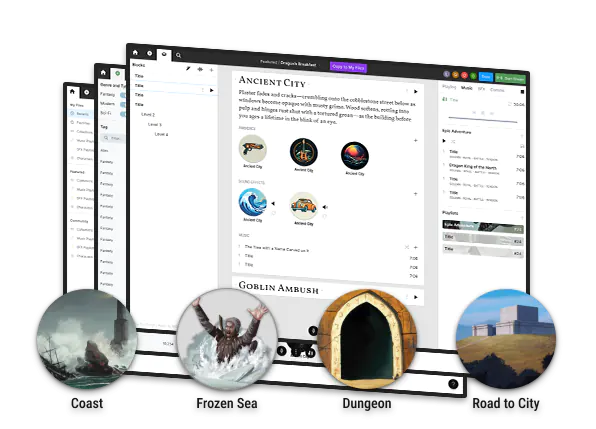
If you wish to begin your journey in Dungeons & Dragons with great resources and tools, especially as a beginner, you should explore Opus. Opus brings your game world to life through immersive soundscapes: ambience + music + sound effects.
What makes Opus unique is its seamless integration of soundscapes with detailed descriptions. This combination enhances the "theater of the mind," allowing players to vividly imagine the scenes described by the DM.
"Theater of the Mind: Improve Your TTRPG Campaign"
Opus also offers several key benefits that are beginner-friendly. For new DMs, the availability of pre-made, high-quality soundscapes significantly reduces prep time.
Furthermore, Opus' features like PlayerFX allow even novice players to actively participate in shaping the atmosphere by triggering sound effects within the game, adding a new layer of interactivity and fun.
Your Journey Begins Now!
![write-about-their-relationships A photo shooting of three men posing heroicly while dressed as traditional medieval fantasy characters. Illustrates [alt text].](https://www.michaelghelfistudios.com/wp-content/uploads/2025/01/write-about-their-relationships.webp)
D&D offers a unique and rewarding form of entertainment. It's a space where you can forge deep connections with friends and where every session holds the potential for unforgettable moments.
If you've ever felt a spark of curiosity about D&D, now is the perfect time to take the first step. Don't let any perceived complexity hold you back; the official resources and the welcoming community are here to support you.
Your grand adventure awaits!
